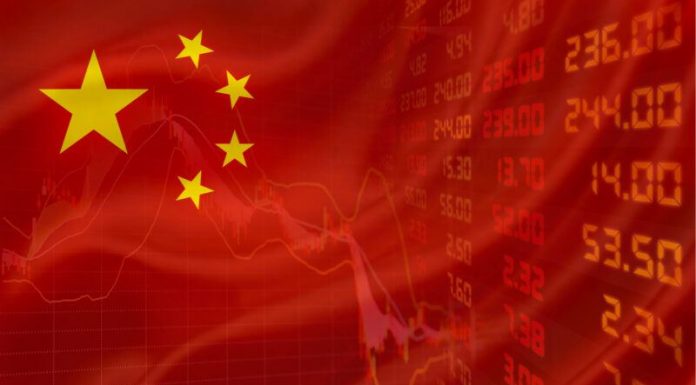(NPR) Tensions between China and the U.S. are running high — and that’s leaving American companies having to carefully navigate their approach to a key player in the global economy.
The uncertainty U.S. businesses are facing is getting increased attention this week as Commerce Secretary Gina Raimondo is set to become the latest senior official to visit Asia’s largest economy.
Raimondo’s trip, which is scheduled from Sunday to Wednesday, comes at a tricky moment. On top of the trade tensions with the U.S., China is facing a slowing economy.
Here’s a look at how American companies are currently approaching China.
Even before tensions increased between the two countries, U.S. companies’ perceptions of China had already taken a hit.
The Trump administration had imposed a number of tariffs on China. And then China implemented a “zero-COVID” policy that was disorienting and disruptive for global companies. Travel within, and to and from, China was all but impossible, and lockdowns disrupted manufacturing and trade.
Companies like Apple, for example, faced delayed shipments as lockdowns disrupted their operations in China.
President Xi Jinping ended those restrictions earlier this year, but their legacy continues to loom large, according to Anna Ashton, an expert on U.S.-China relations at Eurasia Group.
“I think that the Chinese government likely underestimated the negative effect that had on foreign businesses’ perceptions of the China market,” she says.
The emergence of China from the pandemic came as tensions with the U.S. over issues ranging from Taiwan to intellectual property to labor practices have worsened.
They’ve led to a series of tit-for-tat actions between the two countries.
The U.S. banned the export of certain microchips to China. Then China imposed restrictions on two rare elements used in high-tech manufacturing.
Most recently, President Biden, citing national security concerns, signed an executive order that will make it more difficult for U.S. firms to invest in certain Chinese companies. They’ll be prohibited from investing in artificial intelligence and quantum computing — technologies that could be used by the military.
That announcement came a few weeks after China adopted an expanded counterespionage law that leaves some U.S. companies vulnerable — especially those that collect and retain a lot of customer data.
Recently, the U.S. consulting firm Bain & Co. was targeted. In a statement to NPR, the company said Chinese officials questioned staff in its offices in Shanghai.
According to Ashton, these actions have been “limited and targeted,” but they have a chilling effect on U.S. businesses broadly. Companies worry about the ambiguity of the law, and whether they could be subject to searches and questioning by government officials.
“There’s just the uncertainty around what kind of activity might attract the wrong kind of scrutiny, and get you into trouble.”



